
Must-Know Summer Safety Tips

The last bell of the school year has rung, and summer is here. Swimming, bike rides, picnics, and other outdoor activities will become part of your regular summer routine, and we have some summer safety tips to help keep the whole family safe and help ensure that everyone has fun under the sun.
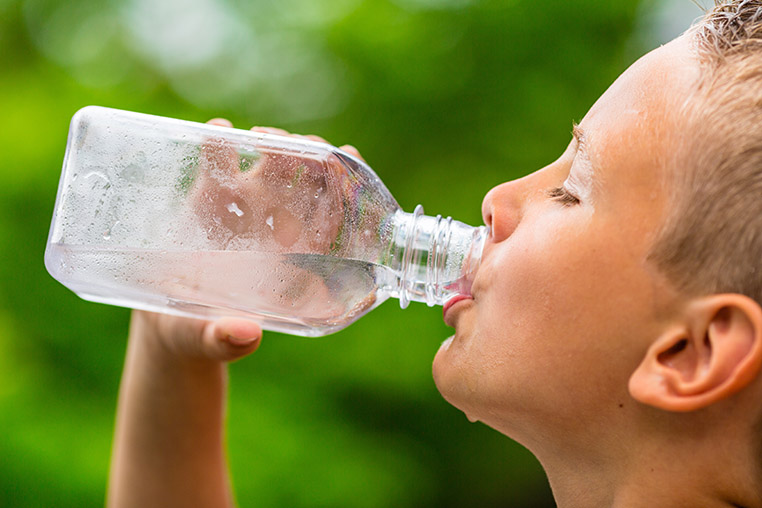
Beat the Heat
While playing outside in the hot summer sun, our bodies lose fluids quickly. We — especially the very young and the elderly — have to be extra careful to stay hydrated with frequent drink breaks. Cold water is always a good choice, but sports drinks can also replace salts and electrolytes that are lost through sweating. Be sure to wear light and loose-fitting clothing, and take frequent breaks in a shady area, out of direct sunlight.
Tip: Many weather apps are available for free, and can be set to provide heat advisory warnings, letting you know if it’s unsafe to stay outside for extended periods of time.
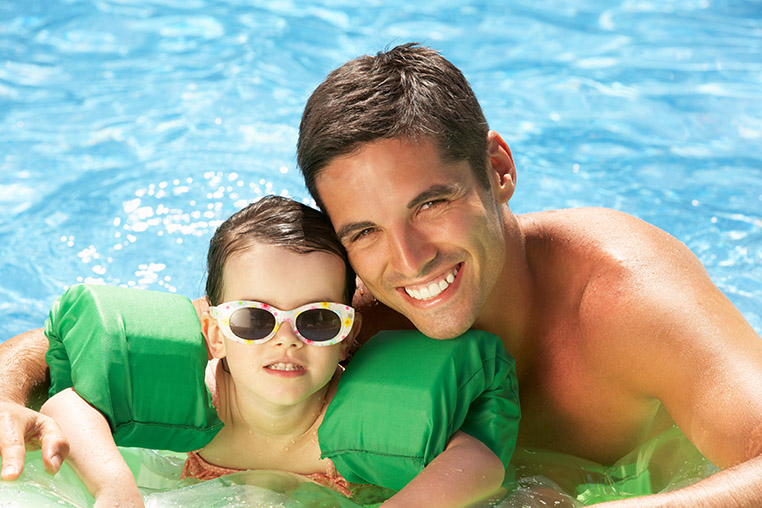
Water Safety
Adults need to be especially vigilant with children around water – whether it’s a swimming pool, a lake, or the ocean. When kids are swimming, a great technique to practice is “touch supervision,” when an adult is always within arm’s reach. Even children who can swim should never be left unattended. Parents should tune out distractions like smartphones and headphones, and keep eyes and ears on alert for a child who might be in trouble.
Tip: Many community centers offer water safety and first aid classes to help both children and adults be more aware of potential dangers and what to do in the event of an emergency.
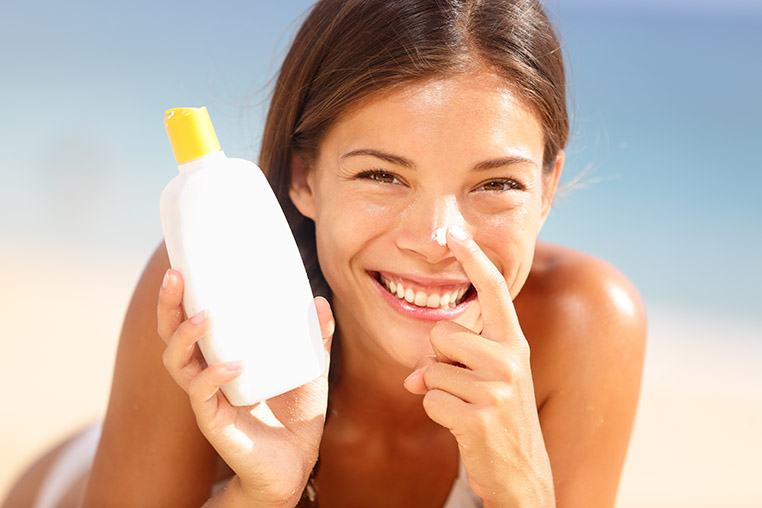
Don’t Feel the Burn
Protection from the sun’s harmful rays is an absolute must. Stay in the shade as much as possible, and limit exposure by avoiding direct sunlight during the peak hours of 10 a.m. to 4 p.m. To help protect the eyes, wear sunglasses that block both UVA and UVB rays. The addition of a wide-brimmed hat will also help protect the face and back of the neck. Always use a sunscreen with an SPF (sun protection factor) of at least 15; reapply every two hours and always after swimming.
Note: If you do get sunburned, apply aloe for pain relief and to help cool the skin.
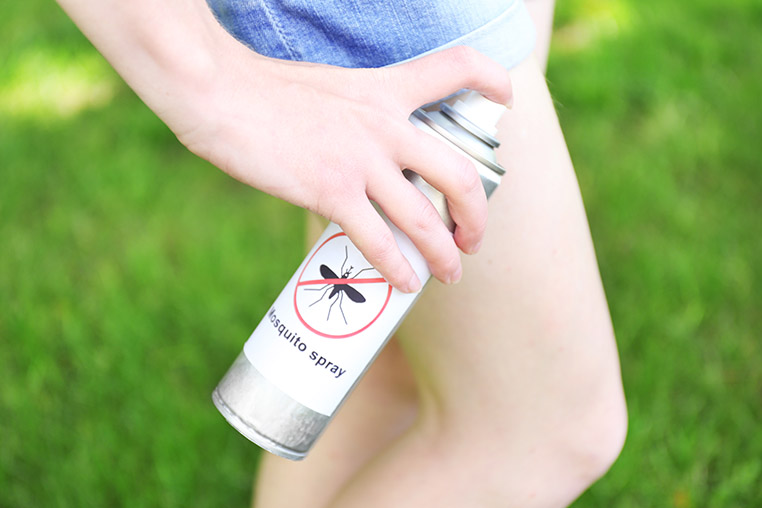
A Bug’s Life
Mosquitoes, biting flies, and ticks are all part of summer life, but can also put a real damper on outdoor fun. With diseases such as West Nile Virus, Zika, and Lyme, it is important to use a good insect repellent to help ward off attention from pesky critters. Insect repellents can be found in a spray or lotion form, or even as disposable wipes. There are also many online recipes for making natural bug repellents out of essential oils and spices.
Tip: If a bug bite or sting causes unusually severe swelling, pain, or difficulty breathing, an allergic reaction could be underway. Seek medical attention immediately.
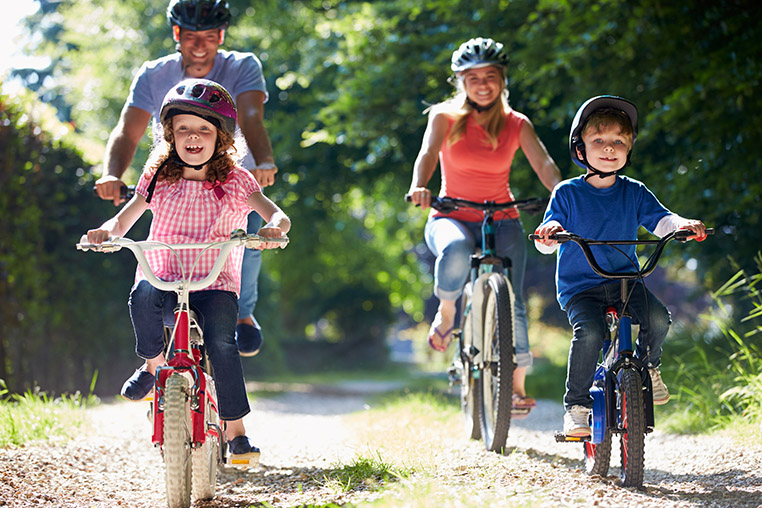
Helmet Head
A great rule for summer safety is that a helmet should be worn whenever a child is “on wheels,” including bikes, inline skates, skateboards, four-wheelers, etc. Head injuries can be life-threatening, and a good helmet is the best defense to protect your child from unexpected falls and tumbles. Parents can set a good example by wearing their own helmets.
Tip: Helmets need to fit properly to be effective, so it’s important to purchase the right size. Since helmet types may vary for different sports, look for the correct one for your family’s activities.
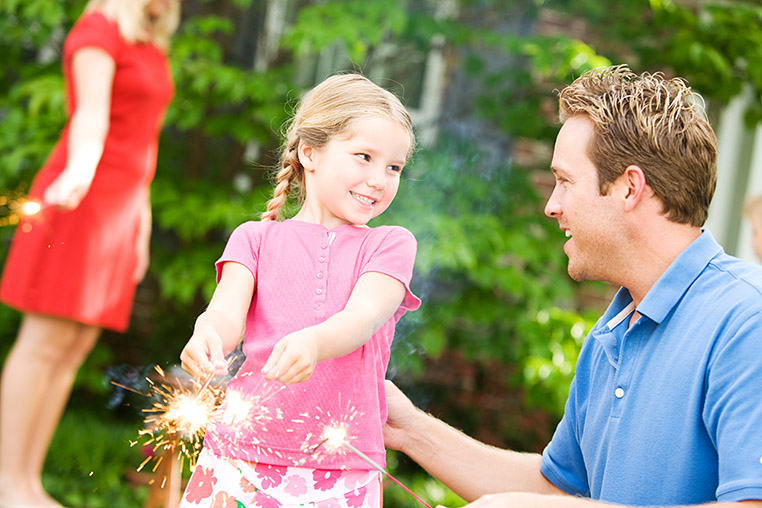
Fourth of July Fireworks Safety
The 4th of July holiday can be one of the more memorable times of the year, and the main event is often fireworks. If not handled properly, fireworks can cause life-threatening injuries or even death. If you plan to light your own fireworks, it’s important to know how to handle them safely. First and foremost, check with local municipalities and government agencies to make sure lighting your own fireworks is legal. Children should never handle or play with fireworks; even sparklers should be lit under the direct supervision of an adult. Fireworks should be lit only one at a time and pointed away from people and houses. Keep a bucket of water and hose nearby. The best choice of all can be to attend a local fireworks display orchestrated by professionals.
Tip: Pets and furry friends should be kept indoors. Aside from the fact that their ears are very sensitive to the noise produced by fireworks, pets can be curious and can be harmed inadvertently by used fireworks or duds that don’t immediately go off.